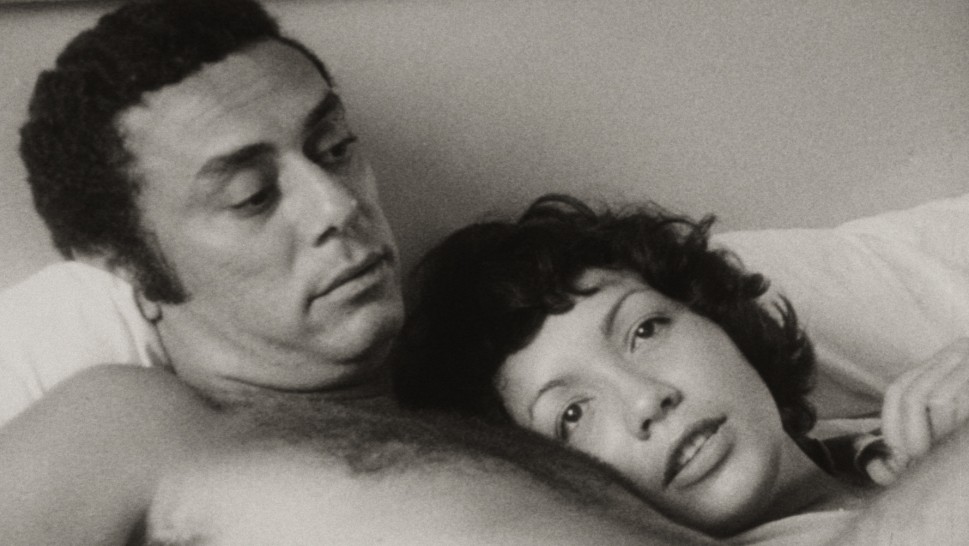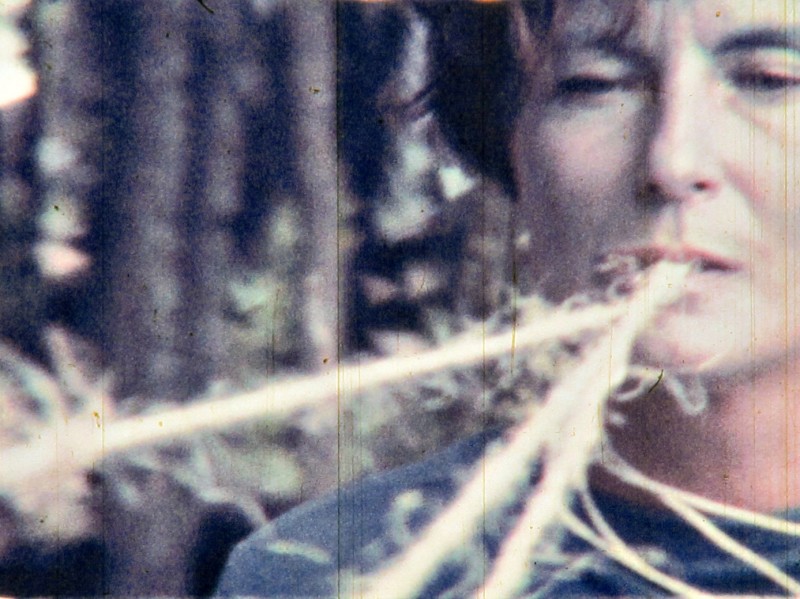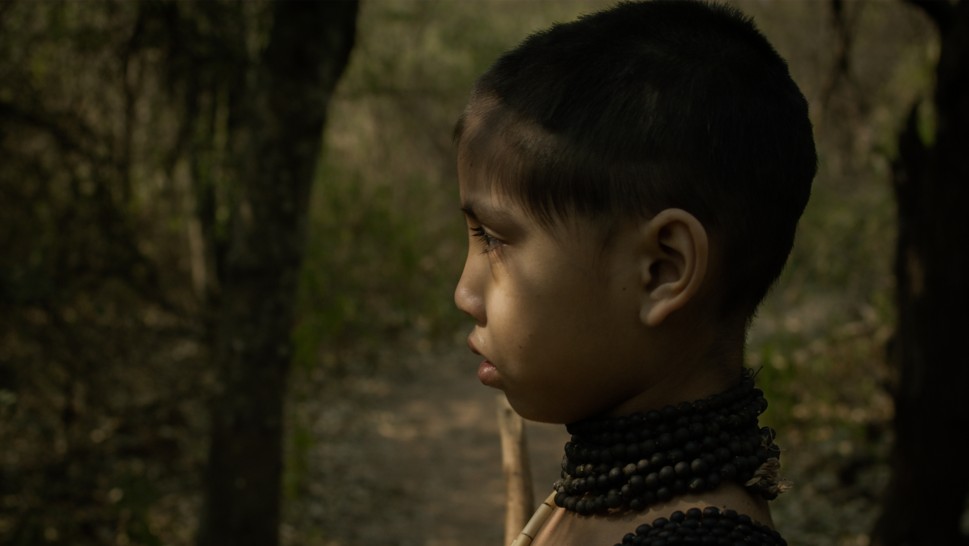


¡Rebeladas! Una aproximación al cine de mujeres en Latinoamérica
This series proposes a unique encounter between Latin American women film directors across multiple generations and countries. Here, we meet filmmakers who have broken stereotypes and mandates, having rebelled against established representations of the world, advocating for profound interior societal changes with their transformational works. From their many physical locations, they have revealed unique films that lie at the heart of cinematic practice and have imagined a new Latin American temporality, continually seeking new spaces and forms to call their own inside a profoundly masculine film landscape.
¡Rebeladas! Una aproximación al cine de mujeres en Latinoamérica attempts to represent one counter-history of the region’s cinema, without attending to particular times, places or accents. It instead proposes roads, echoes and bridges that unite times and spaces separating filmmakers. Incomplete and tentative, this series runs an alternative route around an extensive map of artists: women who, in their work, explore genders and territories, question the centers and the periphery, reveal diverse universes and explore all their possible representations. These are audacious artists who have depicted the adversities of their times, who have realized innovative projects at both formal and discursive levels and who conceive of their practice as a political and artistic act, reinventing their own perspectives and engaging in deep dialogue with contemporary life.
The program proposes links between artists across time, beginning with those who were ahead of theirs: firstly, it showcases the work of pioneers such as Sara Gómez, Valeria Sarmiento, Narcisa Hirsch, Amanda Lucía Turquetto, Margot Benacerraf, María Luisa Bemberg, Marie Louise Alemann and Lourdes Portillo. All of these artists fought the reigning machismo within a filmmaking scene dominated by men. Each of them, in addition, navigated massive changes in their local film industries and survived, creating work amidst the tensions of dictatorships and new democracies in many territories across Latin America.
The program also presents works of filmmakers who began their careers at the end of the 1990s and early 2000s, who follow the path forged by their predecessors and depict the immense cultural and social changes of their moment. In response to the emergence of neoliberalism, the films, by directors such as Lucrecia Martel and Paz Encina, have become renown internationally for their incisive reflections on older political and social paradigms.
Finally, the program engages in dialogue with filmmakers born in the 1980s, such as Agustina Comedi, Mercedes Gaviria, Lina Rodríguez, Daniela Delgado Viteri, Camila José Donoso, Manuela de Laborde and Juliana Rojas, whose work has developed in the last two decades and accompanied the birth of new Latin American feminist movements that have achieved new rights: legal, safe and free abortions; marriage equality; laws for gender quotas and equality; and laws protecting people on the basis of their gender identity.
Between the earliest and latest generations of artists in this program, some paradigms have shifted while others have remained stagnant, but all of these artists have questioned, and continued questioning, discourses, narrative and aesthetic forms, production models, systems of representation for women and the prospect of diversity onscreen. They are women who, in different ways, have rebelled historically or are engaged in an ongoing rebellion in their current work, and understand that the cinema can respond in a unique fashion to a multitude of tensions: personal, political, social and intimate. – Cecilia Barrionuevo, translated by Alejandro Eduarte















